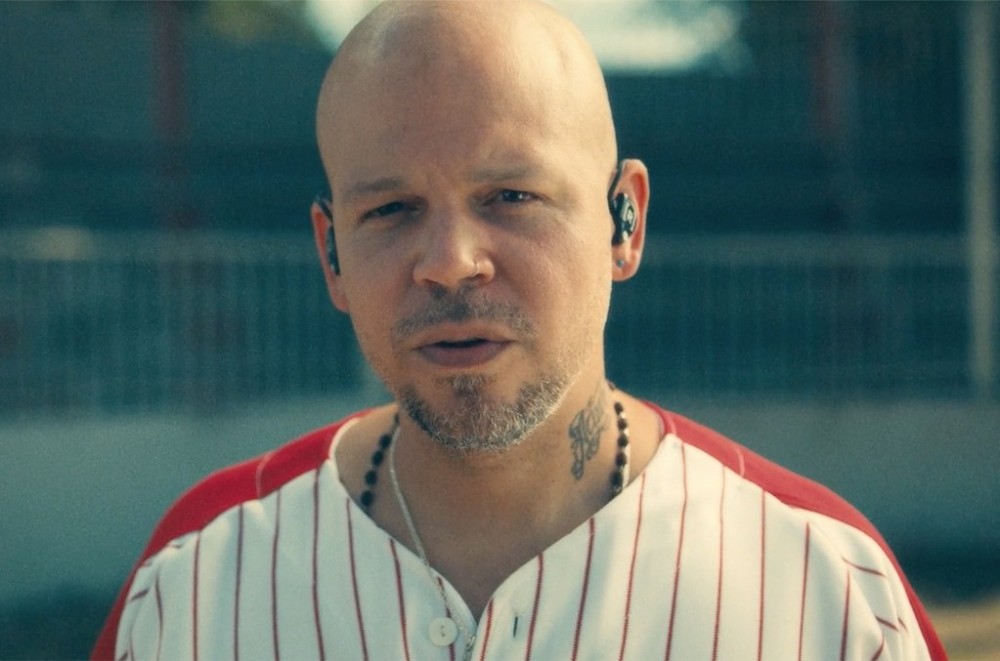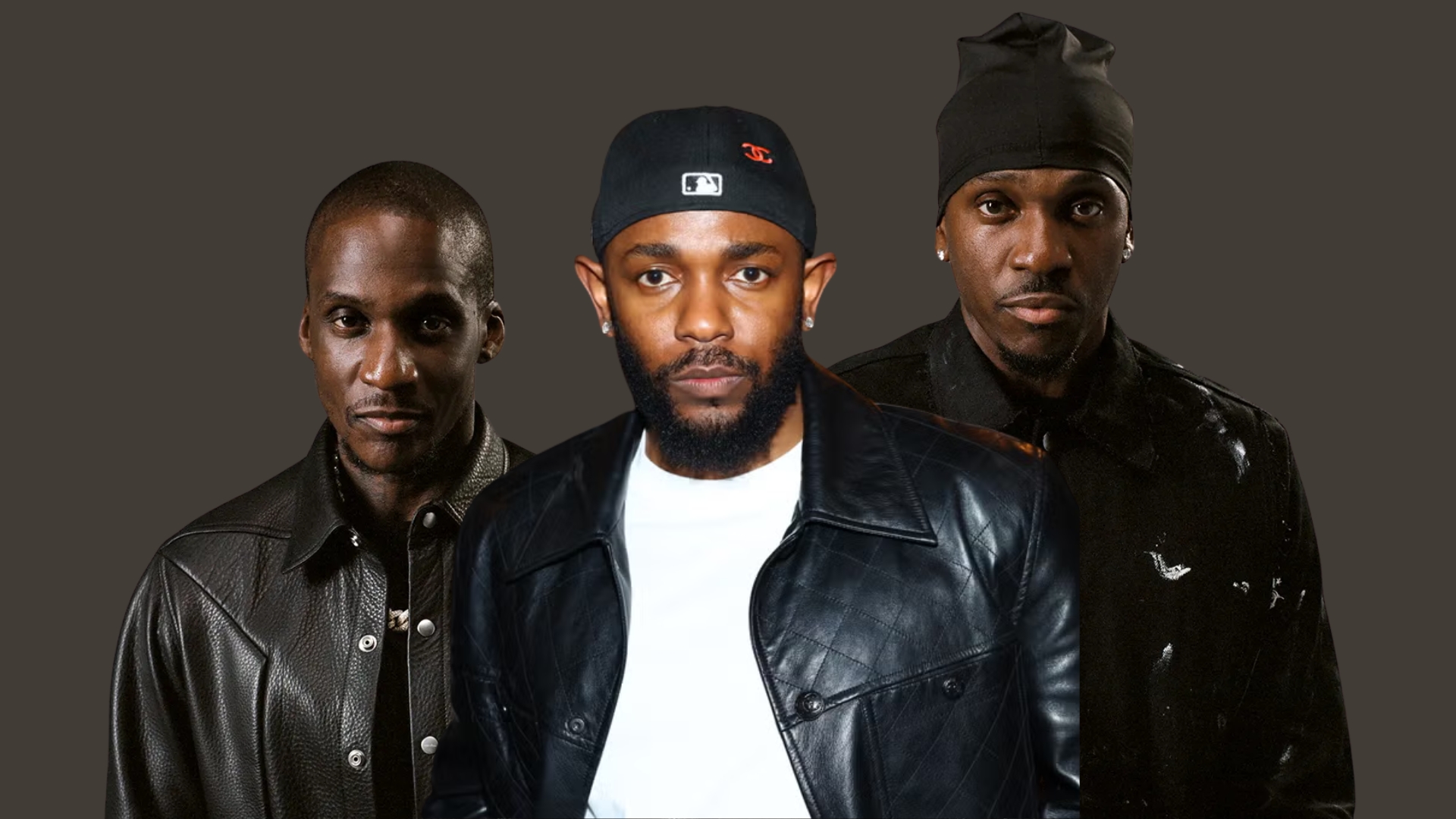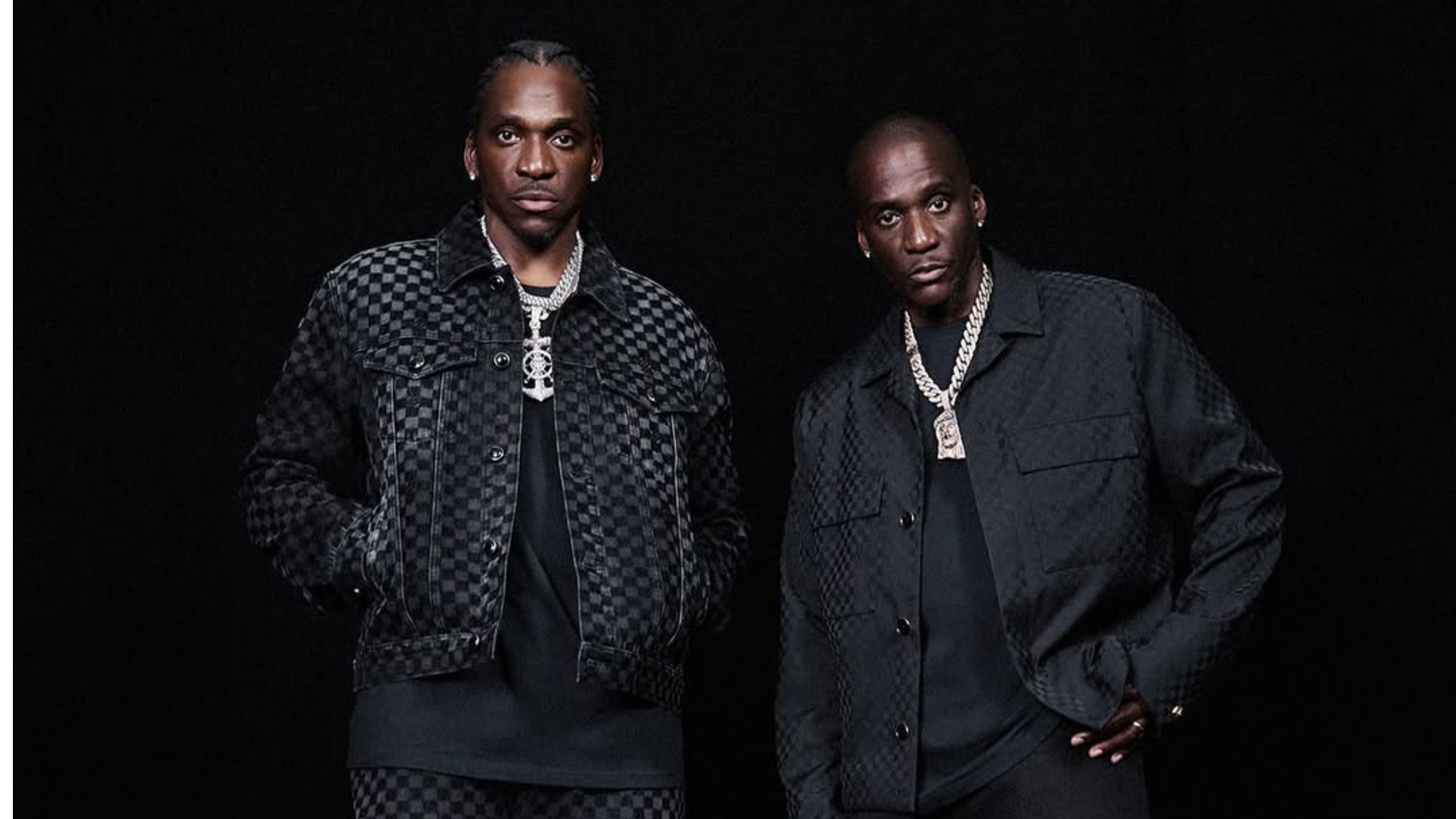Yearning to reconnect with his past and feel like himself again, on Thursday (Feb. 27), Residente released “René,” a song that includes raw and honest lyrics that expose a personal side of the Puerto Rican singer-songwriter.
Writing “René” (which is Residente’s real name) was “therapeutic,” the former Calle 13 member tells Billboard, and it became a self-discovery process.
He started writing the lyrics two years ago at a time when he was at his most vulnerable. “I had a lot of situations happening at the moment,” Residente tells Billboard. “I had a stadium full of people waiting for me to perform in Mexico] and I didn’t want to go out. Not because I’m an a–hole, but because I was feeling bad. I had never felt like that in my life.”
After talking to his mom over the phone, he went on to perform. “The next day, I started writing and it was good for me.”
The intimate song touches on depression, losing a friend to police brutality, censorship and wanting to leave Puerto Rico. “I’m OK now,” the Grammy-winning artist says.
“René,” his first single of the year, will be included on Residente’s forthcoming album, which he says will drop later this year. He’s set to perform alongside Gustavo Dudamel and the L.A. Philharmonic at the Power to the People Fest in L.A. on March 7.
Below, Residente talks about the process of writing “René” and what it has done for his well-being.
When did you stop feeling like René?
That’s a tricky question. I’ve always been me, but when we started Calle 13, that’s when people started to think that they knew me. That’s when I stopped being René. I’m René and I feel like René but the first feeling or understanding that I felt different was definitely when I started getting recognized outside of Puerto Rico.
Why did you want to share this personal side of you at this point of your career?
When I started writing this song two years ago, I was in a hotel in Mexico. I was on top of the building while I had a stadium full of people waiting for me to perform and I didn’t want to go out. Not because I’m an a–hole, but because I was feeling bad. I had never felt like that in my life. I’m always strong. When my best friend was killed, I was the one that spoke at his funeral because everyone else was crying. For some reason, I’m not a crier.
I didn’t want to be there, and so I called my mom because I got scared and she knew I was looking for help. I wanted to jump from the building. I just didn’t want to be there. I called and called her and she answered and started talking to me and calmed me down, and I thought it was a good idea to go perform after I spoke to her. Even though I didn’t even want to sing. Imagine singing songs like “Atrevete Te Te” or any other happy song feeling like that? The next day, I wrote the whole first verse. It was good for me. Now I’m OK, because I was able to understand what was happening and I’ve tried to reconnect with my friends that I grew up with. I had my birthday the other day and they came over. I’m just trying to reconnect with my past.
And what has that been like, reconnecting with your past?
It’s therapy. I’m going to keep being the way I am. I’m the same guy. The thing is that it’s like going to the psychologist. Even though they friends and family] don’t know what I had been going through, although they will know tonight, I just started to reconnect with the people from my past. It also helped me do something like this song and tell people about it. It makes me feel like maybe people will know me a little bit more, and knowing that makes me feel better.
In retrospect, what was this process like for you or what did you learn about yourself in the process of writing “René”?
I didn’t know that I missed my family so much. I didn’t know that I missed all of the things that I used to have before being known. I didn’t know that I didn’t want to be here. It was like a self-discovery process. I didn’t know all those things were affecting me that much. It woke me up in a sense.
This was also the beginning of doing things in a different way. I’ve been non-stop doing stuff, without thinking. My music is not going to get played on the radio, like this song won’t get played on the radio, so I have to put 10 times more effort into my music because it’s like starting again. Even though I have a lot of years doing things, every song I do is like starting again.
In a few hours, “René” will be out in the world and people will listen to these very personal lyrics. How do you feel?
I feel relief and I feel happy. I’m not looking forward to seeing any reactions, but, if any, I do think they will be positive because when you do something honest, people react positively because they connect with you. I’m just happy that I’m putting it out there.
You say you’re not a someone who easily cries, but you were brought to tears at the end of the video. Why do you think that was?
It’s very difficult because you have to concentrate. During the whole video, I had to do it again and again. I’m not an actor. I was also drinking beer and at the same time directing the video because I direct all my videos. And at the same time I had to think about the lyrics. In one of the shots, I was so concentrated that I forgot about everything and I was thinking about all of the things I was talking about. Also, the part about Puerto Rico makes me very sad. When I start talking about wanting to leave.
In one part of the song you say “quiero bajar el telón” (I want the curtain to go down) — what motivates you to keep going?
I’ve always been someone who doesn’t quit. When I started with Calle 13, everything was against us. We are socially active; I did so many things that make everything more difficult for us, but we always kept going. I was thinking to myself: I just need to adjust the things that will help me keep going, but I’m not going to quit. I felt scared for the first time in my life in Mexico, so I called people and had to readjust to be better.




